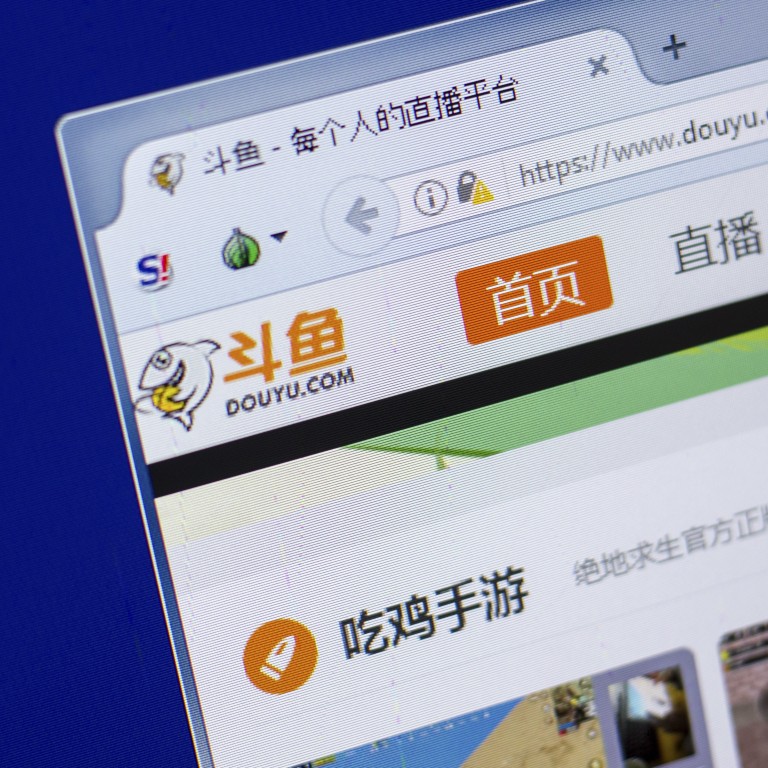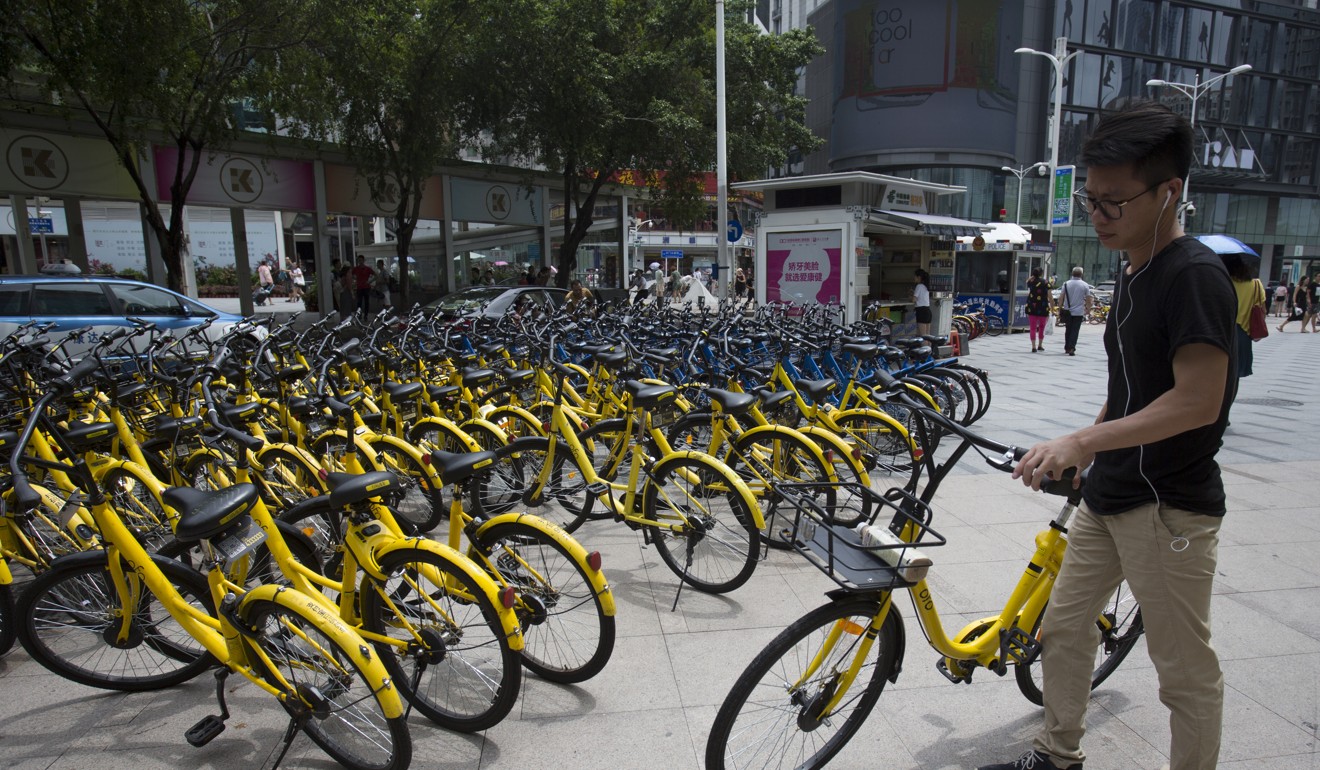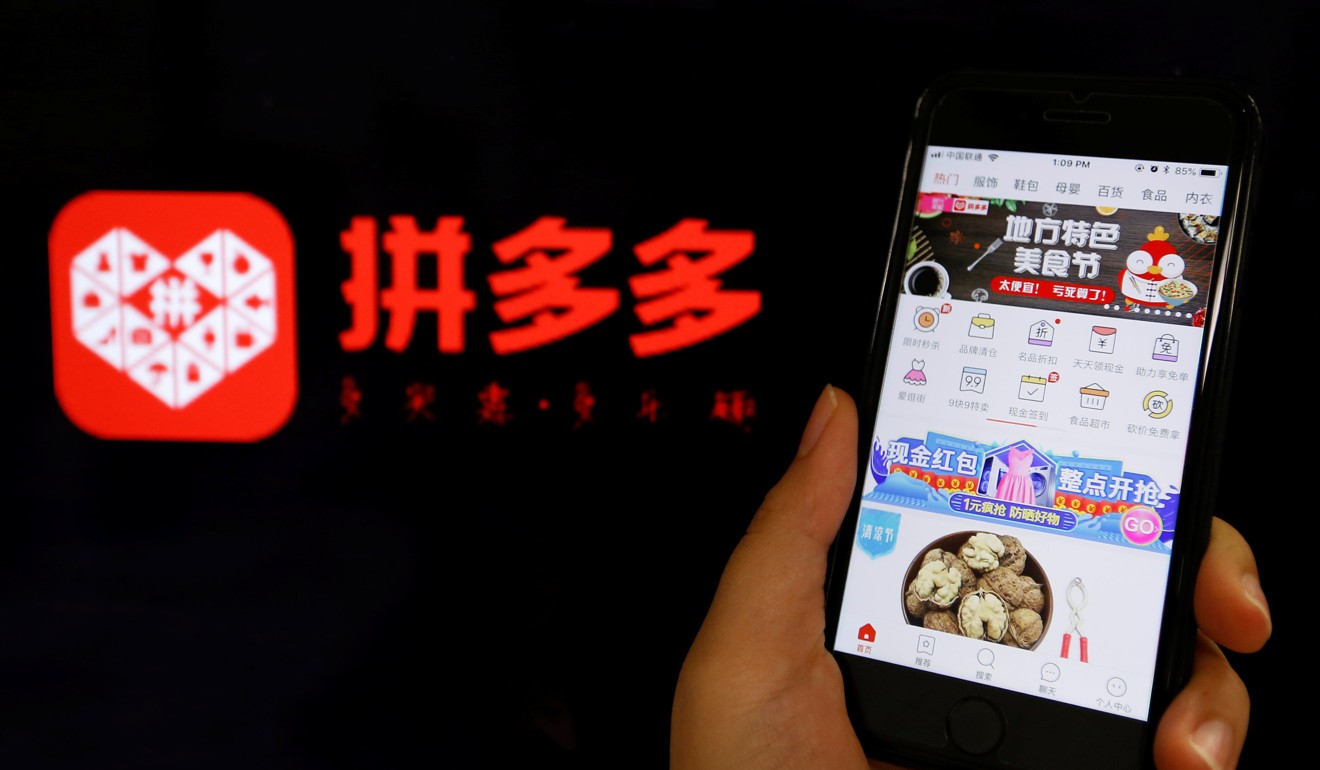
Alibaba and Tencent dominate China new economy deals as market cools to lowest level in three years
- The number of deals fell 12 per cent to 291 in 2018 from 2017, while transaction value rose three per cent to US$29.1 billion
Mergers and acquisitions in China’s new economy sector fell to the lowest level in three years as Beijing tightened restrictions on companies raising money from the stock market and liquidity dried up after new rules raised the threshold for major shareholders to sell their holdings.
The moves were originally aimed at curbing asset bubble and stabilising the weak stock market but had the unintended consequence of squeezing liquidity.
On the A-share market, M&A activity and approval rates both dropped to the lowest level since 2015, according to a report by China Renaissance, a Chinese investment bank focused on new economy deals, on Thursday.
The number of deals decreased 12 per cent to 291 in 2018 from the previous year, while total transaction value increased a mere three per cent to US$29.1 billion.
Internet giants were the biggest participants in new economy M&As.
Tencent Holdings and Alibaba Group Holding, the two largest internet conglomerates in China, were also the two most active investors.
Tencent-backed video app Kuaishou in overseas push amid increased China scrutiny
Among the top 20 investment deals, Tencent participated in nine of them, including social e-commerce platform Pinduoduo, JD Logistics, Uber-like truck services app Full Truck Alliance Group, video-sharing and live-streaming app Kuaishou, and live-streaming platform Douyu.
Alibaba invested in five deals, including out-of-home advertising network Focus Media, Singapore-based e-commerce company Lazada, Wanda Film Holding, and Beijing-based bicycle sharing company Ofo.

Both Tencent and Alibaba invested in CMC, a Chinese media and entertainment firm.
By target, the hottest sectors were tech, entertainment and culture, e-commerce, new retail, and transport.
The top investor in the entertainment sector was Tencent, with 49 deals. Meanwhile, Alibaba led the new retail industry with 27 M&A transactions.
Both Baidu and JD.com were active investors in artificial intelligence, intelligent hardware, and corporate services.
The report also noticed a change in the investment strategies of Alibaba and Tencent.
In the first half of 2018, China Renaissance said the rivalry between Alibaba and Tencent was more intense as they spent big on e-commerce and new retail sectors, but their investments have diverged as the year progressed.
In the first half, Alibaba invested 5.45 billion yuan (US$805 million) in acquiring a 15 per cent stake of Beijing Easyhome Furnishing Chain Store, and spent 4.5 billion yuan in buying Huitongda Network, a Chinese rural online services platform.

In the first quarter, Tencent spent 2.5 billion yuan for a 5.3 per cent stake in menswear retailer Heilan Home, and partnered with JD.com to invest more than 1.6 billion yuan in BBK Electronics.
Nevertheless, Tencent has invested much less since the end of the first quarter, while Alibaba cut its investments at the end of third quarter.
By subsector, media and entertainment deals fell significantly, while software and advanced manufacturing transactions remained relatively active.
Alibaba invests 4.5 billion yuan in online services firm to boost rural strategy in China
The report attributed the cooling-off to tightening financial regulations. For example, restrictions on the size of stock issuance and pricing mechanism was aimed at curbing asset bubble and channelling the money to the real economy, but instead increased difficulties in refinancing.
New rules that ban major shareholders from selling their holdings, which were put in place to stabilise the stock market, also reduced the market liquidity.
Still, the market showed a warming trend in the second half, as regulators relaxed restrictions on M&A and IPO approvals.
Alibaba owns the South China Morning Post.

